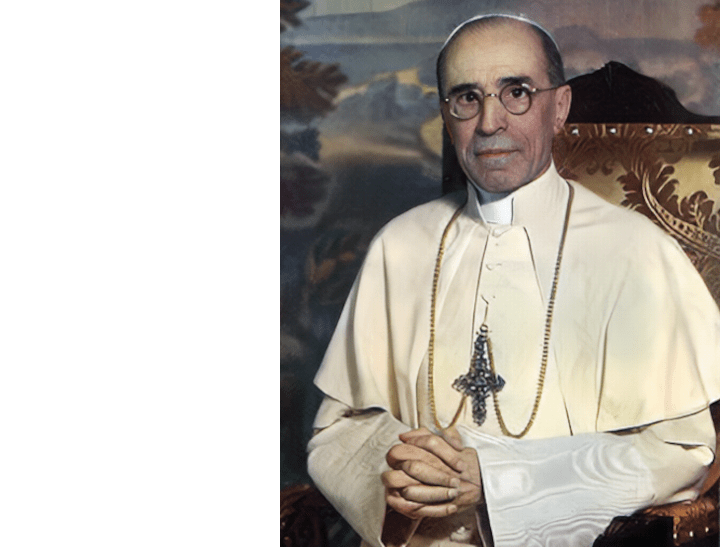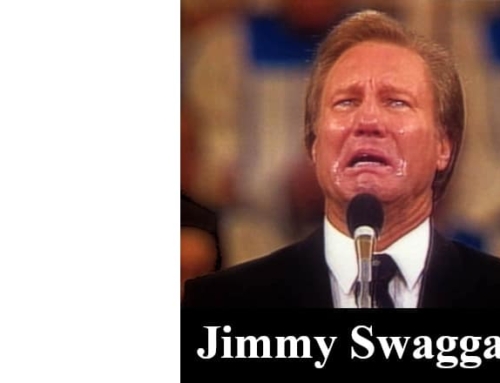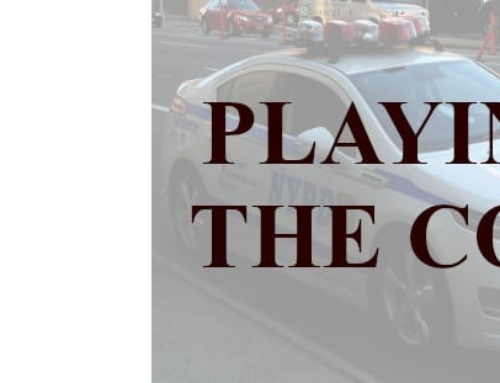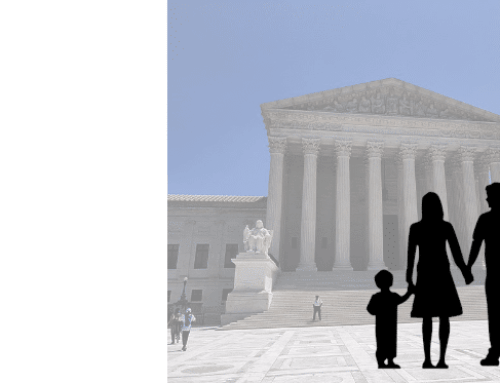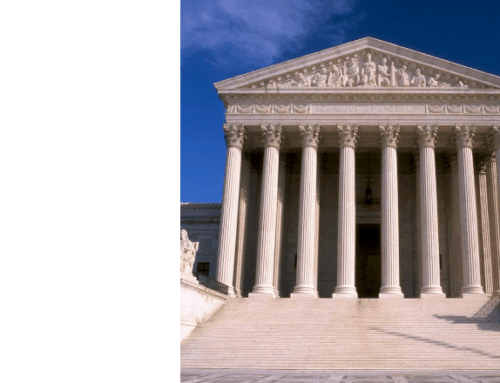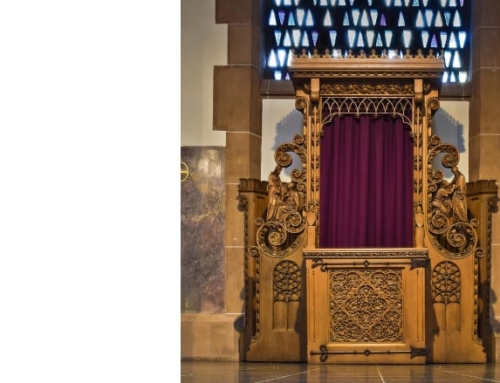Ronald J. Rychlak
A rash of news stories claim there is new evidence that shows the Vatican knew about the Holocaust earlier than it admitted. We asked Professor Ron Rychlak to offer a response.
The New York Times headline read, “Pope Pius XII Likely Knew of Holocaust, Newly Discovered Letter Suggests.” CNN reported, “Wartime Pope Pius XII probably knew about Holocaust early on, letters show.” Fox News said, “Wartime letter show Pope Pius XII may have known about Holocaust earlier than previously thought.” On and on they went.
Giovanni Coco, an official with the Vatican archives, recently discovered a letter dated December 14, 1942. It had been written by an anti-Nazi German Jesuit priest, Father Lothar König, and it was addressed to Pius XII’s personal secretary, Father Robert Leiber.
The letter, which is part of a set of archival papers set to be published in the near future, reported that an estimated 6,000 Jews and Poles were being killed every day at the Belzec concentration camp in what was then German-occupied Poland (today it’s part of western Ukraine). König also referred to the operation of “blast furnaces” and made reference to the Auschwitz and Dachau camps.
That news outlets find this revelation significant is probably not surprising. The reporters have not studied the matters in detail. Author David Kertzer, however, has built a career critiquing the papacy. Nevertheless, he has been promoting the importance of this letter. He should know better.
As most scholars who work in this field know, the Vatican received reports of atrocities as early as 1941. This letter, dated December 14, 1942, came just three days before the Allied joint statement which said:
From all the occupied countries Jews are being transported in conditions of appalling horror and brutality to Eastern Europe. In Poland, which has been made the principal Nazi slaughterhouse, the ghettos established by the German invader are being systematically emptied of all Jews except a few highly skilled workers required for war industries. None of those taken away are ever heard of again.
Pius had been invited to join this statement, but he opted to make his own statement on Christmas day.
Pius must have been shown the Allied statement well before it was released. Moreover, it is fair to assume that the pope received the December 14 letter after at least a short delay from when it was dated. In other words, the letter likely came after he had seen a draft of the Allied statement. Thus, it did not give him any new information about the atrocities.
On Christmas Day, less than two weeks after the date on the letter, Pius issued his own statement in which he spoke of “hundreds of thousands who, without any fault on their part, sometimes only because of their nationality or race, have been consigned to death or gradual extinction.” The New York Times editorialized, “This Christmas more than ever he is a lonely voice crying out of the silence of a continent….”
Of course, Pius did not limit himself to words. In 1941, he provided the Allies with advance information about German troop movements, and as Mark Riebling explained in his book Church of Spies: The Pope’s Secret War Against Hitler, Pius was connected to at least three plots to topple Hitler, starting just after he assumed the seat of Peter in late 1939 and continuing until at least the summer of 1944 with the bomb plot involving German military Col. Claus von Stauffenberg, portrayed by Tom Cruise in the motion picture Valkyrie.
One part of the December 1942 letter is left out of many news accounts. In it, Father König urged the Holy See to not make public what he was revealing in the letter because he feared for his own life and the lives of the others who had provided the intelligence. This is but one of several such messages that Pius had to take into account when he chose action and diplomacy over banging away at the bully pulpit.
That so many outlets have failed to report that part of the letter suggests that others either miss the importance of the message or they are intentionally downplaying a very serious threat. That’s either poor history or dishonest journalism. We’re entitled to better.
Ronald J. Rychlak is a Distinguished University Professor of Law at the University of Mississippi and serves on advisory board of the Catholic League for Religious and Civil Rights.


